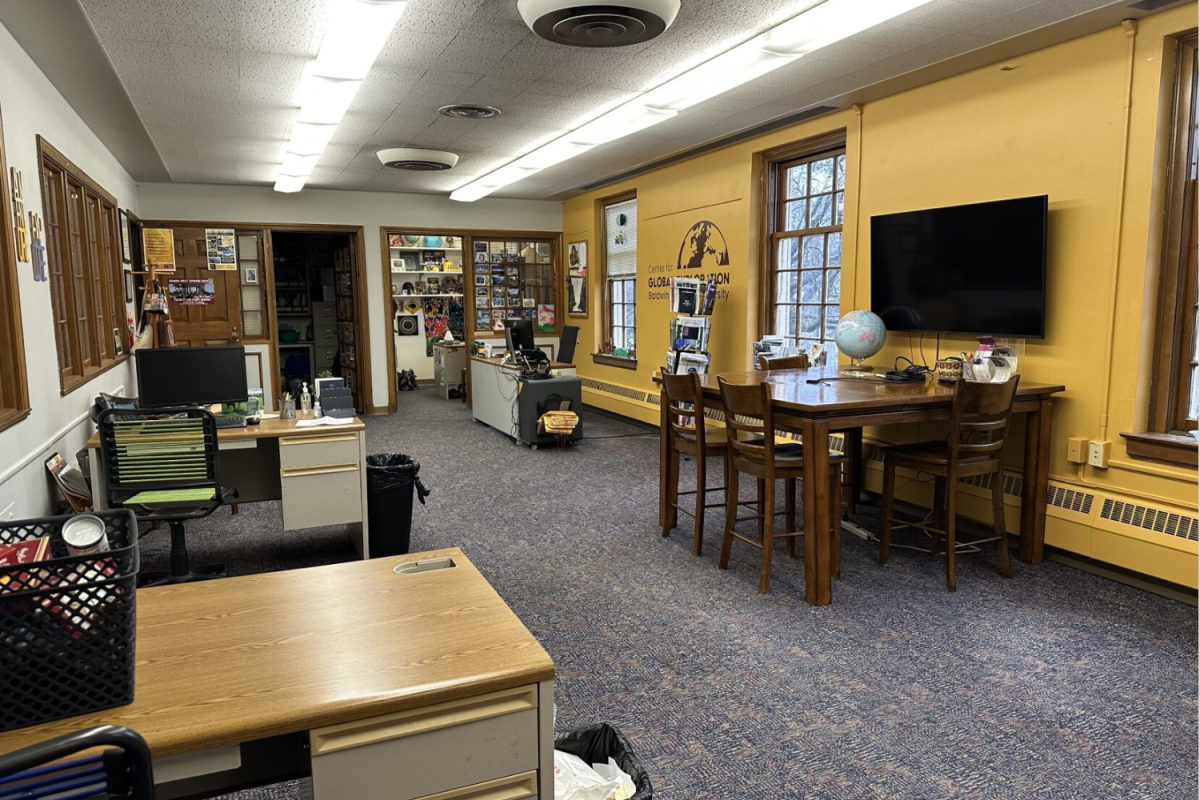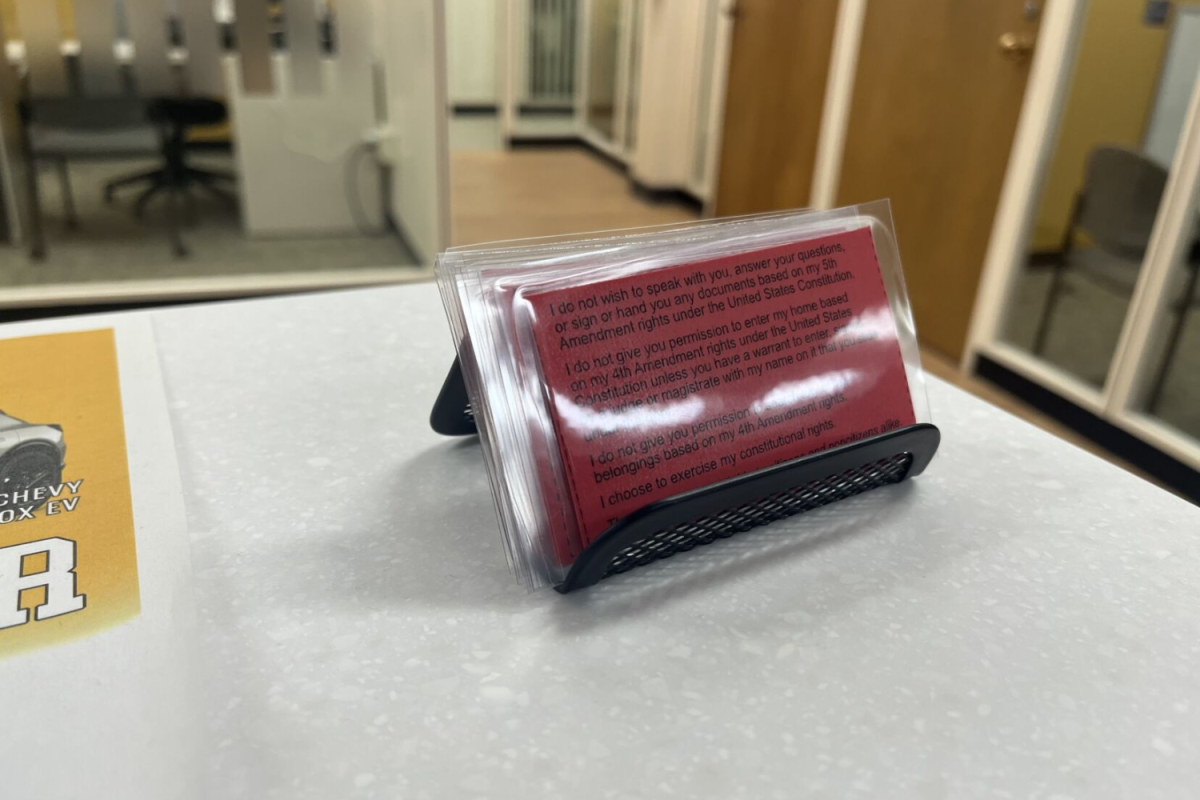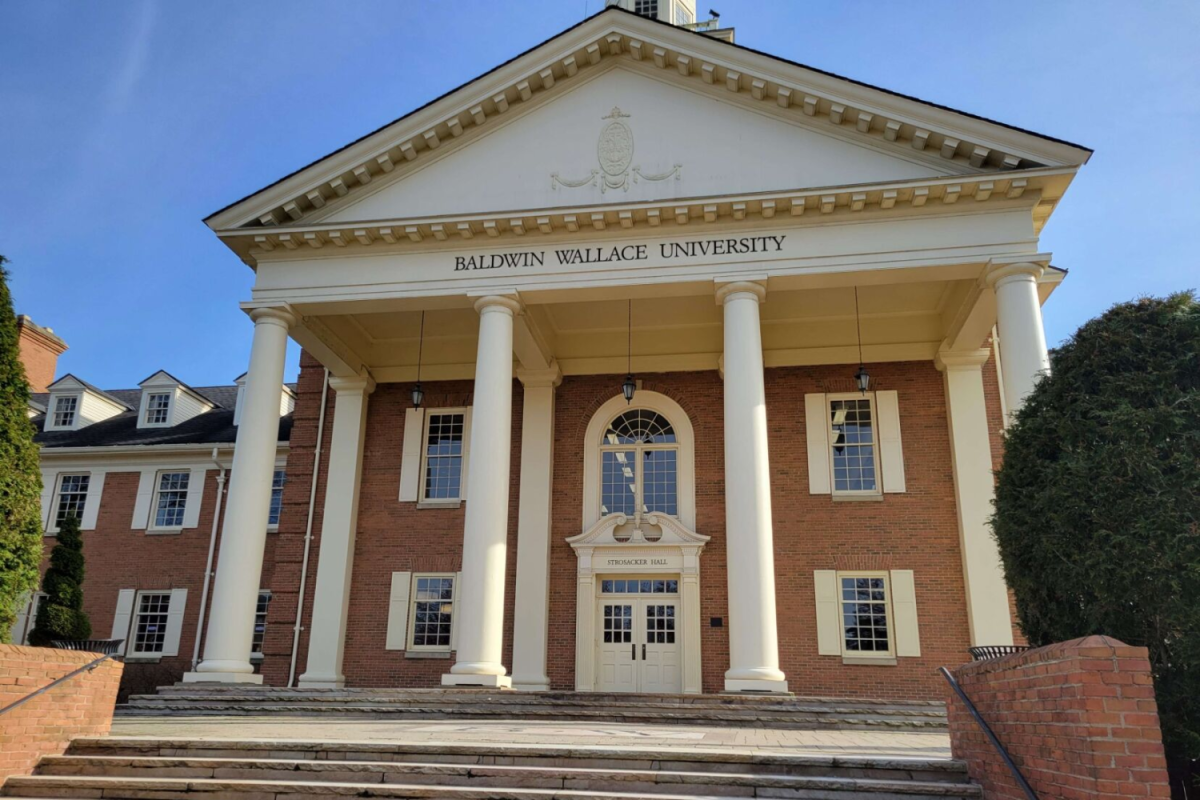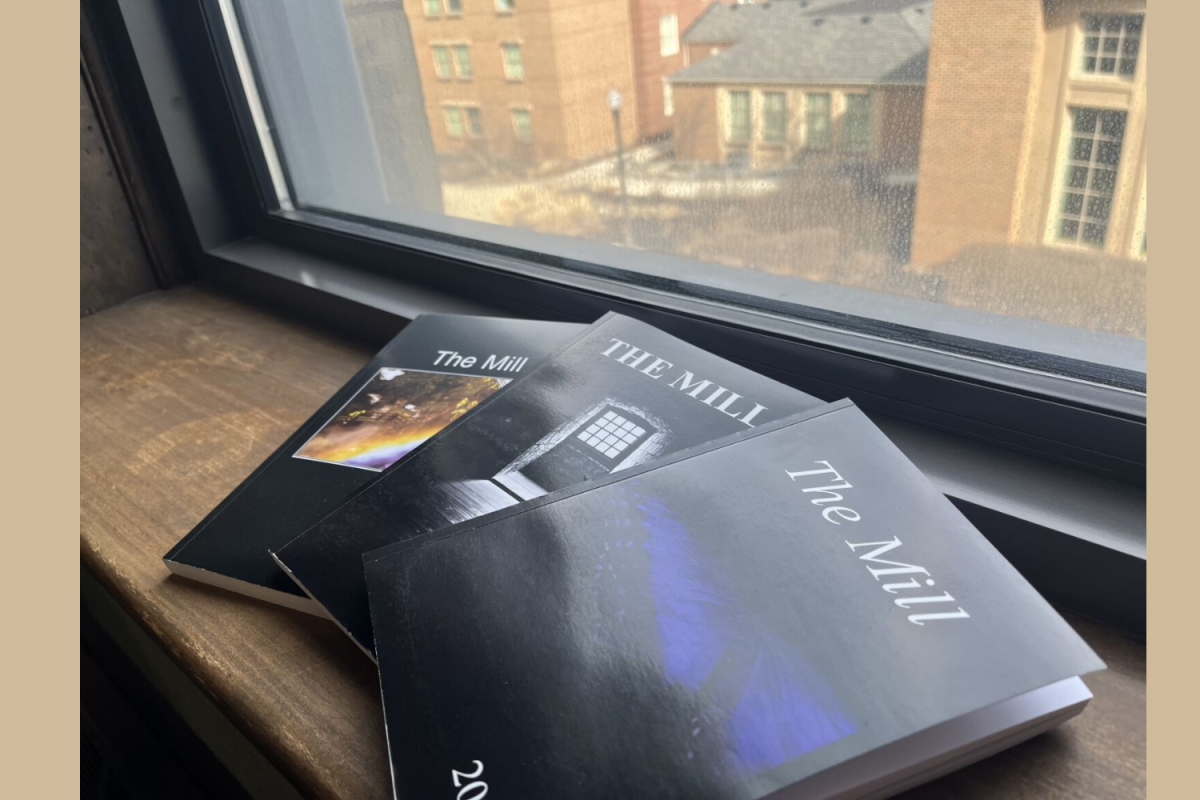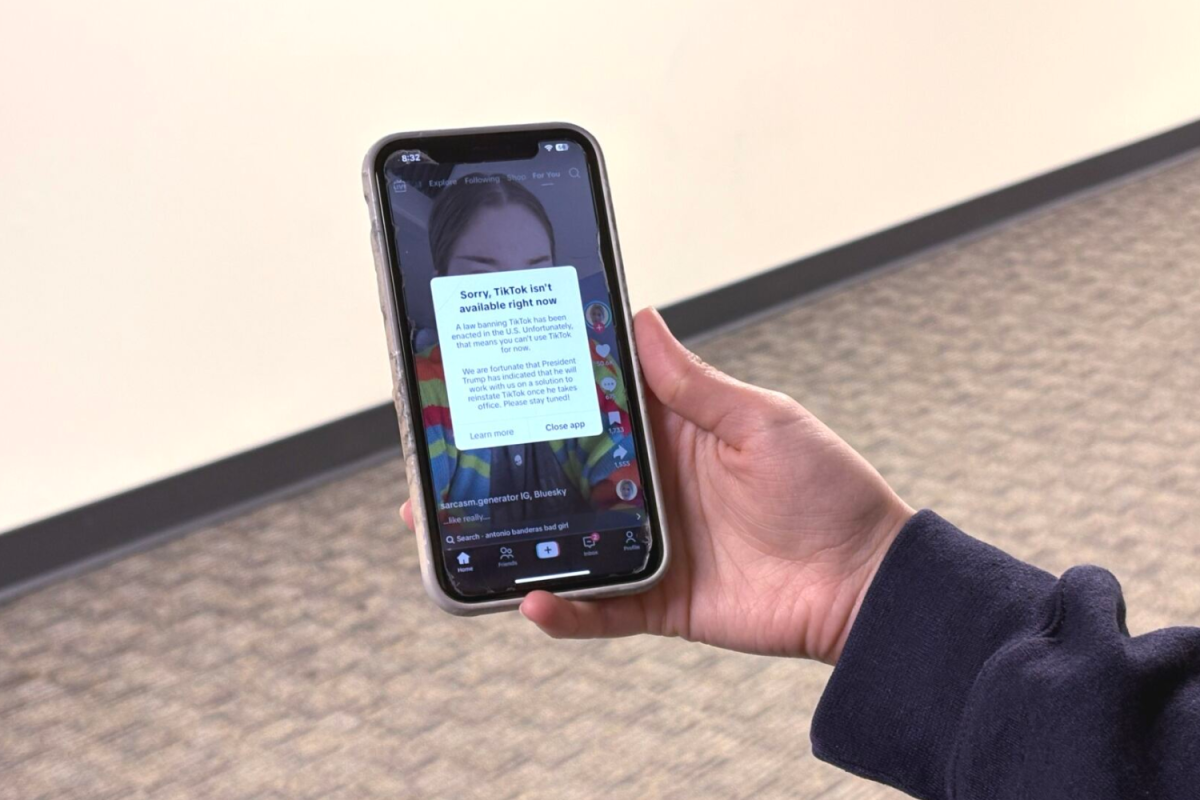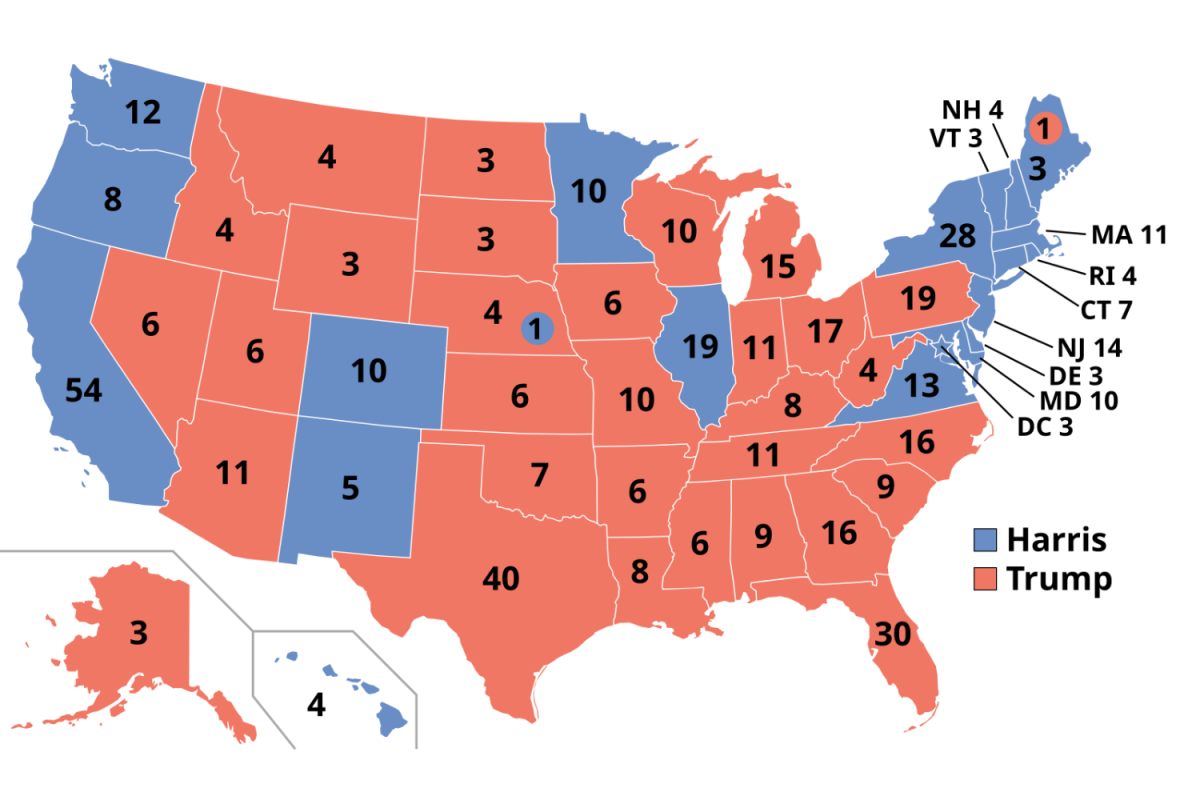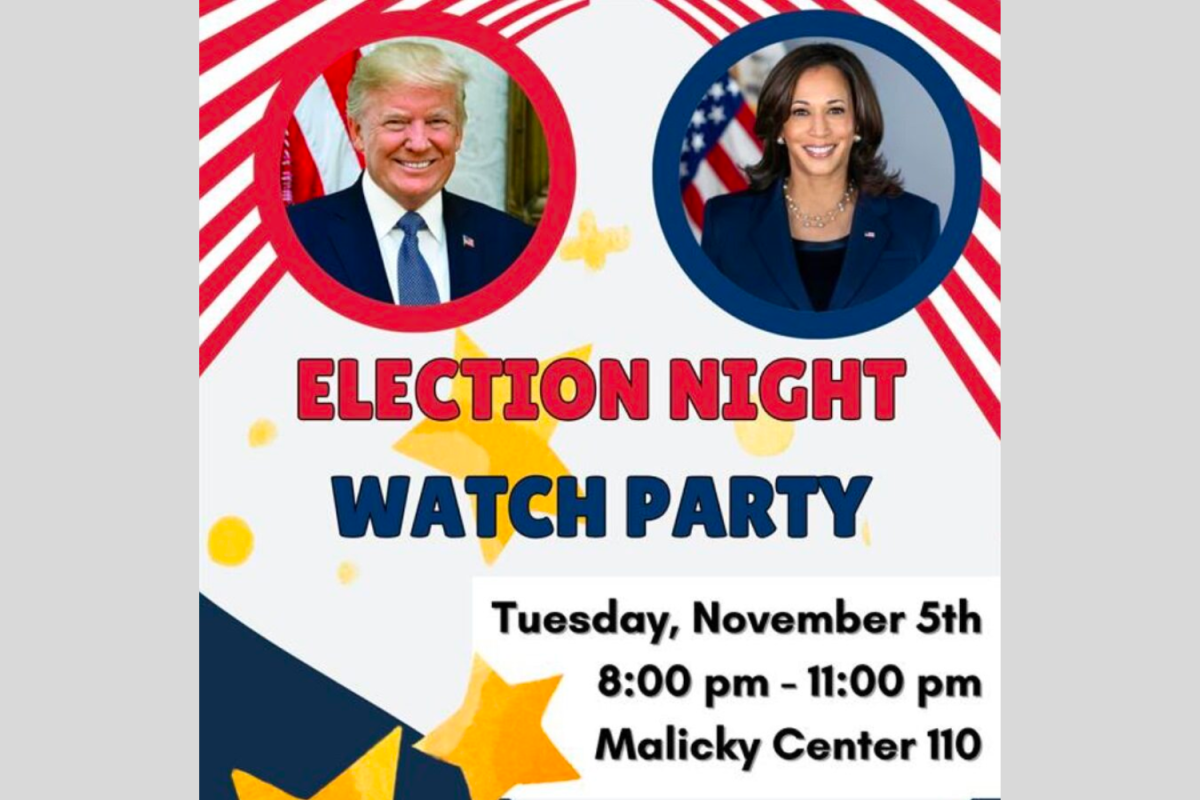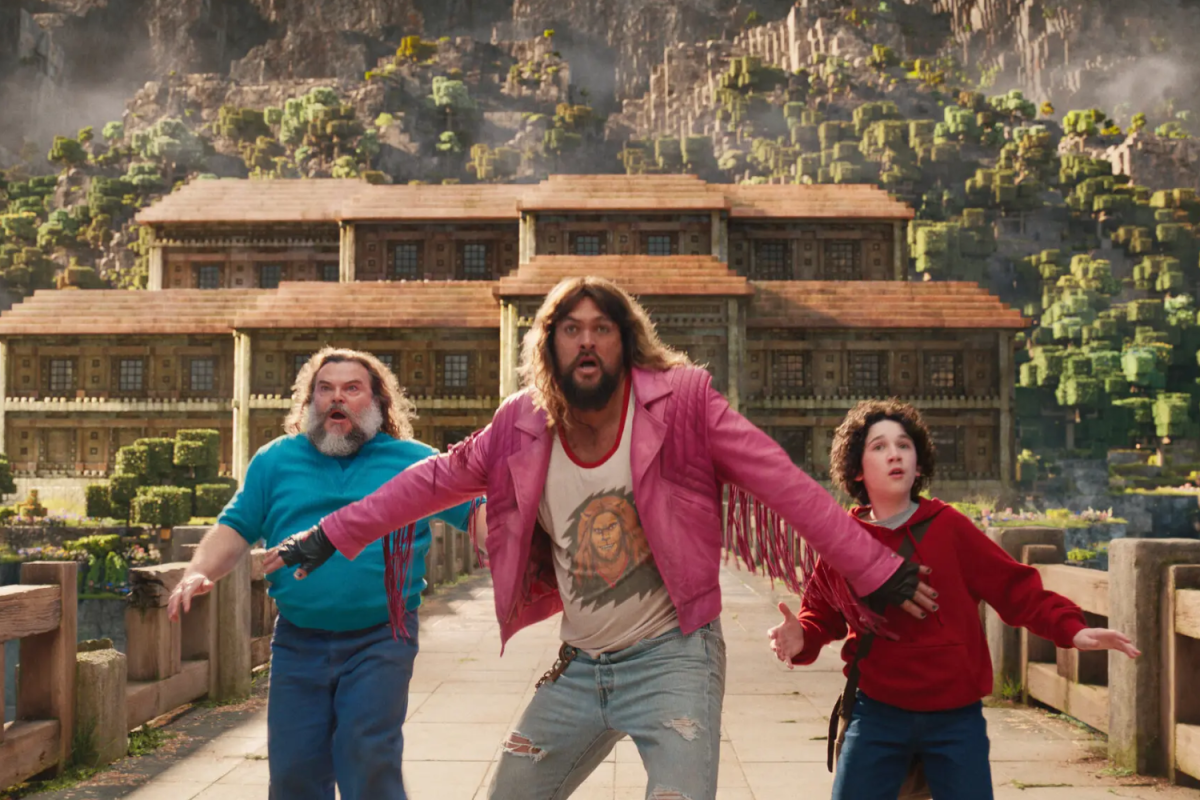The Baldwin Wallace University Sport Management program sent students to work the 2023 Masters golf tournament for the first time in school history on April 2-8.
The program currently has experiential learning trips to the Super Bowl, College Football Playoff, Formula 1, Kentucky Derby, the National Football League Draft, Women’s Final Four, and the National Hockey League Draft.
The Masters is played at Augusta National Golf Club in Augusta, GA. The PGA has four Major Tournaments: The Masters, The U.S. Open, The Open Championship and The PGA Championship with The Masters being the first played.
With only 88 golfers competing this year, the spots for the tournament fill up quickly. Patrons can enter in one of three ways: enter the ticket lottery, buy on the open market or enter into the Professional Golfers Association of America.
This year, the 2023 Masters champion was Jon Rahm surpassing Brooks Koepka on Easter Sunday to finish with -12. It was Rahm’s first Masters victory.
The group included five students led by Anthony Dick, assistant professor in the School of Business. Their work responsibilities were preparing the beverages. This meant pouring beer, pouring coffee, pouring tea, getting water bottles ready, scooping ice, filling pop cups, refilling cups, cleaning and counting inventory at the end of the shift.
The two shift options started either between 6-7 a.m. or between 3-7 p.m. Work started on April 1 which was the Women’s Amateur. April 2 was the Drive, Chip and Putt Competition and not as many concessions were open with only 2 BW students working that day. April 3 and April 4 were the practice rounds. April 5 was the Par 3 contest. The tournament began on April 6 and continued until April 9.
Junior student Dave Lamb worked at concession stand one with Dick. Stand one is located near the main leader board and main golf shop.
Lamb was able to watch Max Homa, Phil Mickelson, Scottie Scheffler, Jon Rahm and Brooks Koepka. On the first day their station finished early, so he said that he was able to watch two hours of golf on the 17th hole. The last day they finished about 30 minutes early and they were able to see Rahm and Koepka tee off, which, he said was his favorite part of the tournament.
“Probably just watching Thursday for about 2 hours just sitting in the bleachers and just watching the final end of the final of day one because we just got to sit down, we got to enjoy it,” Lamb said. “That and also just watching the final tee off, being right behind the winner, Jon Rahm, when he hit is final tee shot that’s something I’ll always remember.”
A typical day meant waking up at around 4:30 a.m. to arrive to the tournament on time. Shortly after their scheduled shift start, they would meet according to their concession stand to go over the day. All cups had to be stocked into their proper containers. At 7 a.m. alcohol sales started except for on Easter Sunday and alcohol sales stopped at 5 p.m. Once alcohol sales were done the crew started to close. Inventory had to be taken of all cups that hit the ground and unused cups. Inventory was also taken of all the leftover food and snacks and all leftovers were taken to the back. After that the shift was over and workers were free to watch golf or go home.
“Honestly it taught me the value of hard work,” Lamb said. “That was the hardest I ever worked in a nine-day period. It was basically like we were waking up at four in the morning and we weren’t done working until seven or eight at night.”
Another unique aspect of Augusta National is that nobody is allowed to bring in a phone unless the phones are needed for work such as to post social media content for the Masters. In this way there are pay phones stationed throughout the course to make calls. Lamb said he thought it was nice to have actual conversations with people without people being submerged in their smartphones.
“This experience I’ll never forget, I had a great time,” Lamb said. “I mean it was hard work but no matter what even if you worked hard and it wasn’t necessarily enjoyable for all of it, its still a terrific opportunity and I would totally do it again.”
Dick said this event marked an unforgettable experience to finally see Augusta National in person and during the Masters Tournament.
“The one thing I will say is we did have an opportunity to walk the course and that’s the one thing I will probably never get over is just how well maintained, manicured, and just how beautiful that place was,” Dick said. “I mean we walked up on 12 its just absolutely beautiful. I’ve been everywhere. I’ve been to Brazil, Thailand, been all over the United States. I’ll put that 12th green up against anything just as far as the natural beauty of what was there and pretty awesome spot.”
Dick worked as a member of the grounds crew for the Cleveland Browns from 1991-95. This experience gave him a special eye when looking at the prestige of the course in person.
“One of my favorite moments and maybe it’s the groundskeeper in me coming out, getting there early enough in the morning that everything was completely pitch black and seeing those headlights almost like fireflies dancing around the golf course,” Dick said. “That to me was awesome stuff because that’s something you could pay all the money in the world to get a ticket to the Masters, there not opening the gates at 5 a.m. for you.”
As a professor that leads these experiential learning trips Dick said he has seen firsthand the impact of the trips on students. He is able to teach and converse throughout the course of a trip to the students more than any course could do.
“I think for me the best thing about these trips is it gives me opportunities to informally instruct,” Dick said. “We got a 15-hour van ride from Cleveland, OH to Augusta, GA. That’s 15 hours where I have the opportunity to talk to students in an informal setting, we’re not in a classroom, it’s not part of a structured lecture so I get to know them on a different level.”
Dick said that along with building the relationships with the students, he is able to see first-hand how the students perform in their prospective jobs.
“If an opportunity comes up post-graduation, we know what’s going to be a good fit for them because we actually worked, actually got to work 104 hours right next to one of my students,” Dick said. “So, people ask me what his work ethic is I know because I spent 104 hours working right next to him and I don’t have to guess.”

